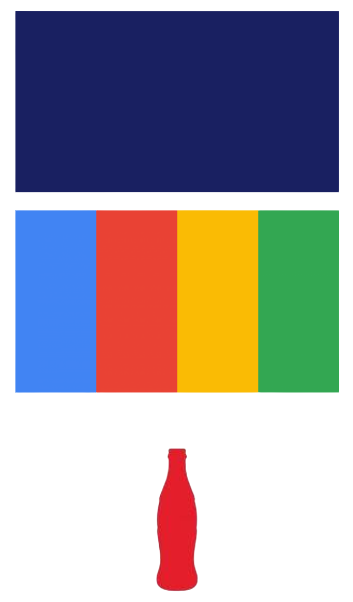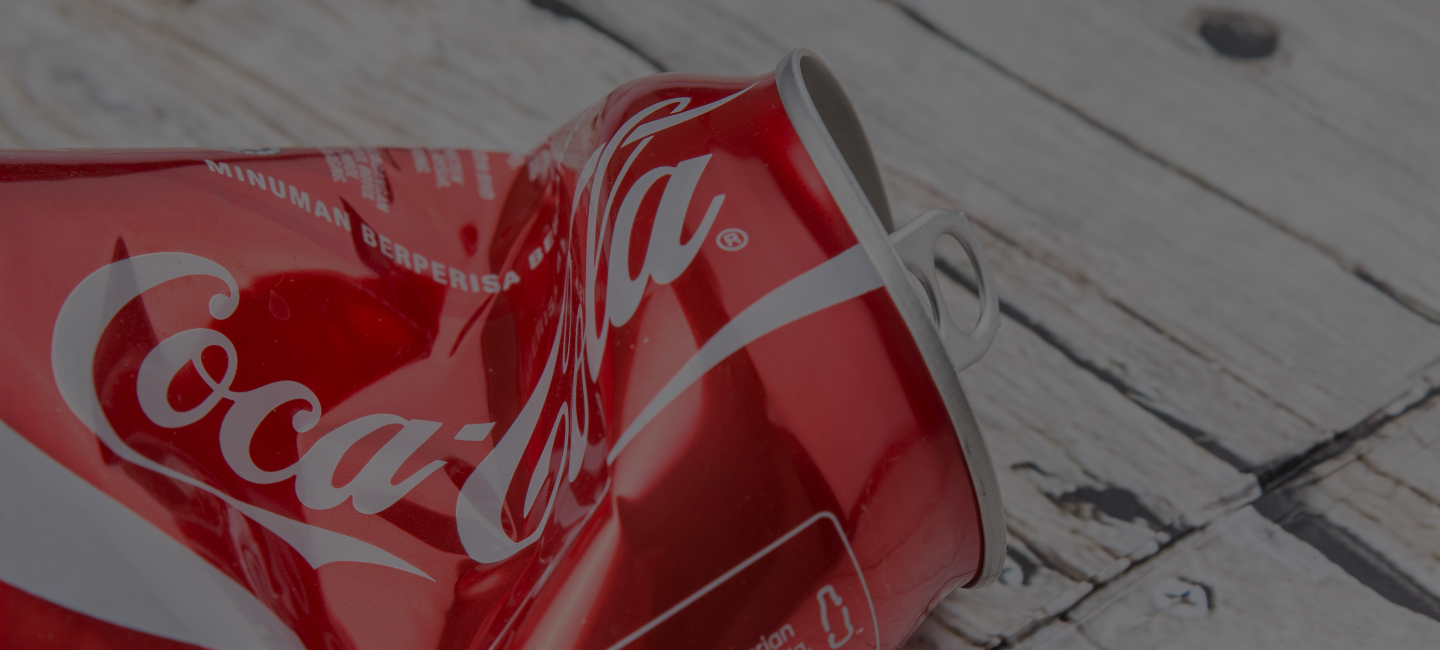The other week, Leeds Digital Festival happened. Nobody really noticed or cared because Covid was ruining life as we know it.
In this blog I was meant to write about the talk I did. But, statistically speaking anyone who’s really interested would rather watch the recording on YouTube.
The talk was a strategic guide for ‘brands in 2020 and beyond’ and as you might imagine, part of this plan involves comms. Now there’s a chunky stat that I never included in the talk (the damn thing was long enough) and that is, consumers only correctly attribute about 15% of ads to the right brand*. That means a whopping 85% of all advertising is a waste of time because no one has a clue which brand it’s for.
Total ad spend in the UK was £28bn in 2019 and that means we wasted the best part of £24bn just making noise and either entertaining people or far more likely just annoying them. We can ill afford to waste money like this at the best of times, let alone during a recession.
This is why I have so many conversations with clients (and agency folks) about distinctiveness. All too often, a client is keen to emulate a market leader in the hope of replicating their success. And I have to remind them at this point that such leading brands remain so successful in part because the comms of unsuspecting smaller brands are either simply never remembered or are mistaken for that of the market leader.
I sit in meeting after meeting discussing whether a word will upset a segment or whether a particular line will resonate with an audience. Amend after amend can be requested that no one in the real world would ever notice. Yet the dealbreaker is whether your ad or your brand looks just like the competition. If it does, you’ve failed. You’re not even over the first hurdle. Even if you get the message right, it’s irrelevant, the consumer doesn’t know it’s you.
Here’s the kicker. It’s even more important to stand out and be distinct when you’re a small brand. We’re back to the Double Jeopardy Law again. Smaller brands are less famous, and their assets are less well-known. Compounding this is a smaller share of voice, with fewer opportunities to convey your distinctiveness. Now, you can’t simply create anarchy for the sake of it. Everything you do still needs to come back to a single-minded proposition. But dramatising that proposition in a distinctive way is crucial. So, be brave or find an agency to be brave for you.
To emphasise the extent of my point, you’re better off having an ad that causes controversy, like this utterly shite Christmas ad from Peloton… than you are having one that simply isn’t remembered at all. This ad is clearly dross. It got the brand into a spot of bother. But it didn’t compromise the brand’s proposition and it was remembered. So, it’s a bad ad. But it’s better than 85% of ads out there.
Good game’s a quick game. Which distinctive brands are these?

* Ehrenberg Bass Institute, 2010

